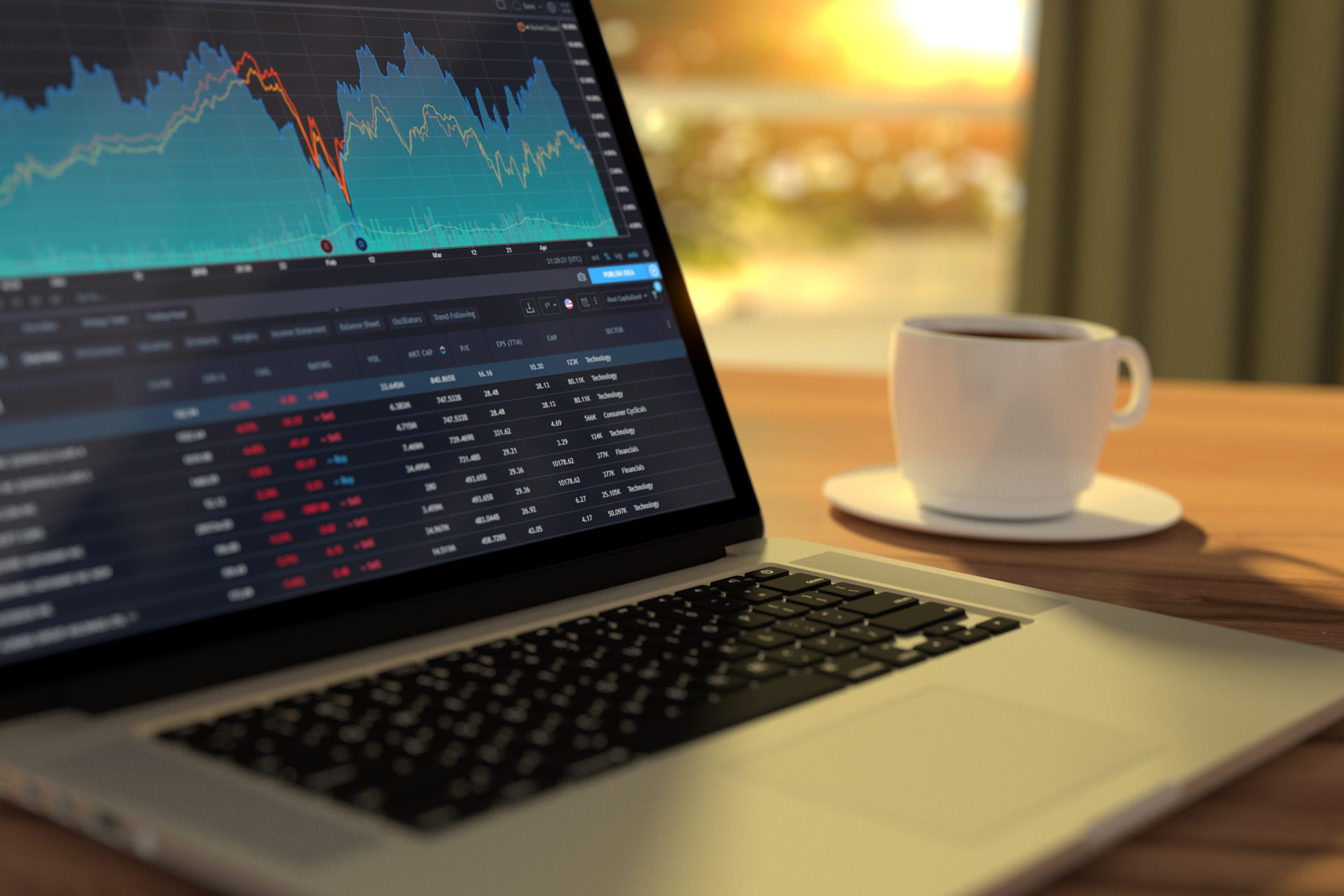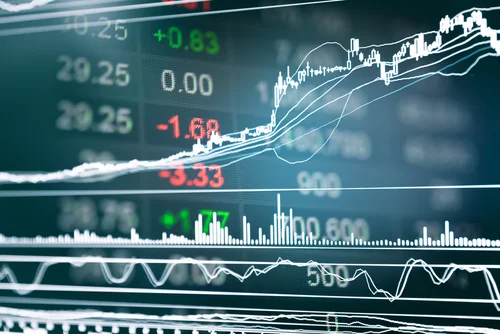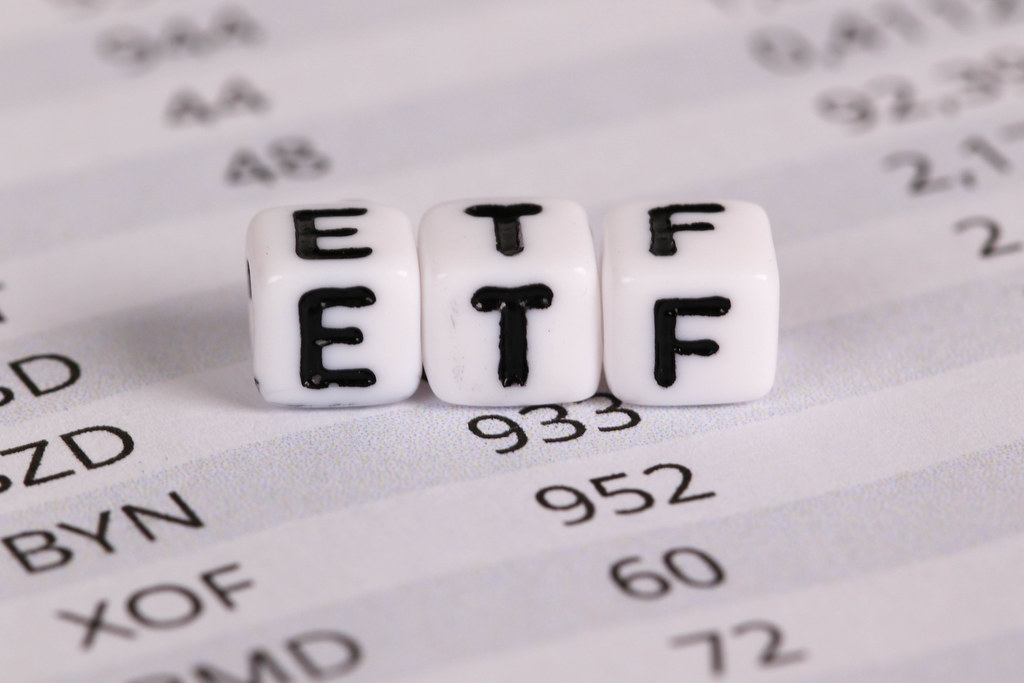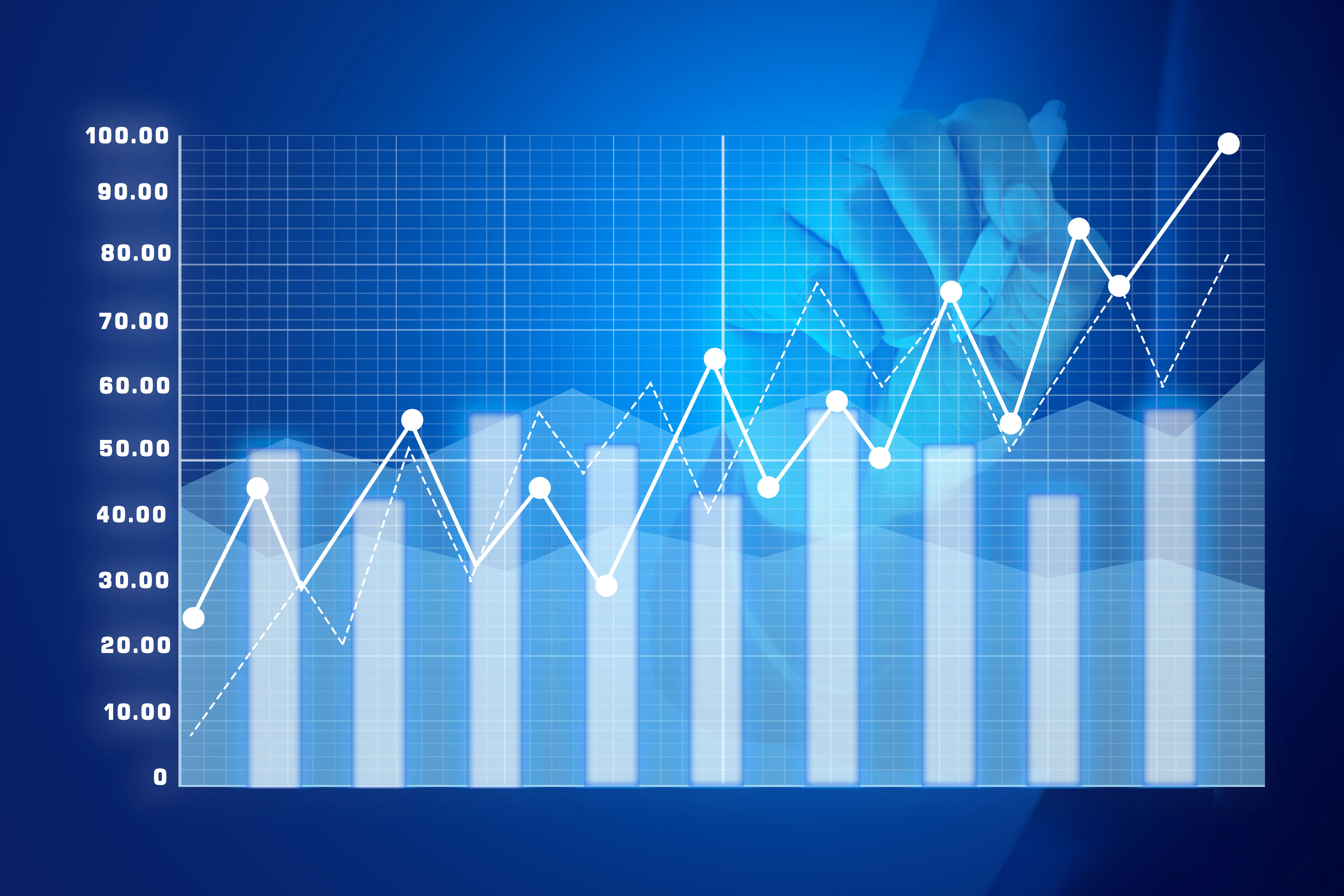What Is Enterprise Value
When trying to compare companies, Forex traders often use a metric called Enterprise Value (EV). EV is a measure of a company's total value, including both its equity and debt.
Why is this important? Because it allows you to compare companies of different sizes and structures on a more level playing field. For example, two companies might have the same market capitalization, but one could have much more debt than the other. In this case, the company with more debt would have a higher EV.
Here's how to calculate EV:
Enterprise Value = Market Capitalization + Total Debt - Cash and Equivalents
And here's an example:
Let's say Company A has a market cap of $100 million, $50 million in debt, and $10 million in cash. This would give it an EV of $140 million. Let's say Company B has a market cap of $100 million, but it has no debt and $20 million in cash. This would give it an EV of $80 million. Even though both companies have the same market cap, Company A is worth more because it has more debt. This is why EV is a useful metric when comparing companies. One thing to keep in mind is that EVs can be affected by changes in the Forex market. For example, if the US dollar value decreases, then the Enterprise Value of a company with debt in US dollars will also decrease.
Keep this in mind when using EV to compare companies, and always be aware of the Forex market conditions when making your comparisons
What Is Enterprise Value (EV)? What is the significance of enterprise value? How Do You Calculate It?
EV is short for enterprise value. It measures a company's total value, often used as a more comprehensive alternative to equity market capitalization. Enterprise value includes the market value of a company's equity and debt, as well as any cash on the company's balance sheet. To calculate EV, start with a company's market capitalization. Then, add or subtract outstanding cash and investments, long-term debt, and minority interest. The result is enterprise value.
Why Is Enterprise Value Important?
Enterprise value is important because it gives you a more complete picture of a company's worth than market cap alone. Two firms with the same market capitalization might have very different amounts of debt, for example. Enterprise value would compensate for this imbalance, providing a more accurate representation of each company's true worth. Enterprise value can also be a helpful metric when comparing companies in different industries. A company with a low market cap but high enterprise value, for example, might actually be a better investment than a company with a high market cap but low enterprise value. To calculate a company's enterprise value, simply add its market capitalization to its debt, and then subtract any cash and investments it may have on hand.
What Is Enterprise Value and How Do You Use It?
There are a few different ways you can use enterprise value. One is to compare companies of different sizes. For example, let's say you're looking at two publicly-traded Forex brokers: Company A has an EV of $1 billion, while company B has an EV of $10 billion. Even though company B is ten times larger than company A in terms of market cap, its EV is only ten percent higher. This might tell you that company A is undervalued relative to company B.
Another way to use EVs is to compare companies in different industries. For example, you might compare a Forex broker's EV to a bank's EV. Even though they're in different industries, you can still see which company is undervalued or overvalued relative to its peers. You can also use enterprise value to estimate the value of a privately-held company. To do this, start with the company's equity value (market cap plus outstanding shares). Then, add or subtract cash and investments, long-term debt, and minority interest. The result is an estimate of the company's enterprise value.
The Bottom Line
Enterprise value is a measure of a company's total value, including both equity and debt. It can be used to compare companies of different sizes or to estimate the value of a privately-held company.
Comparing companies is an important part of investing. Using enterprise value, we can make more accurate comparisons and better decisions about where to invest our money. EV allows us to compare companies with different debt levels or cash on hand. It also considers the market’s perception of a company’s worth. We hope this article has helped you understand enterprise value and how to use it in your investment decisions. Are there any other aspects of EV you would like us to cover? Let us know in the comments!













